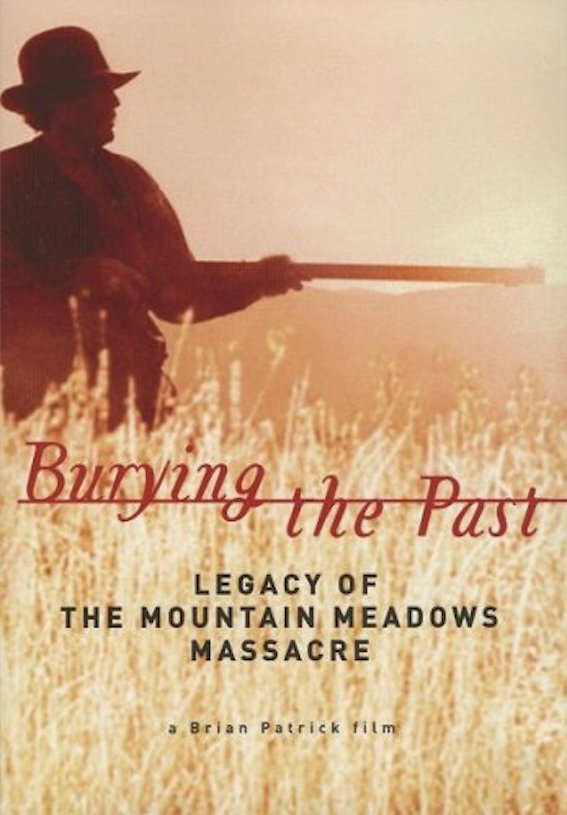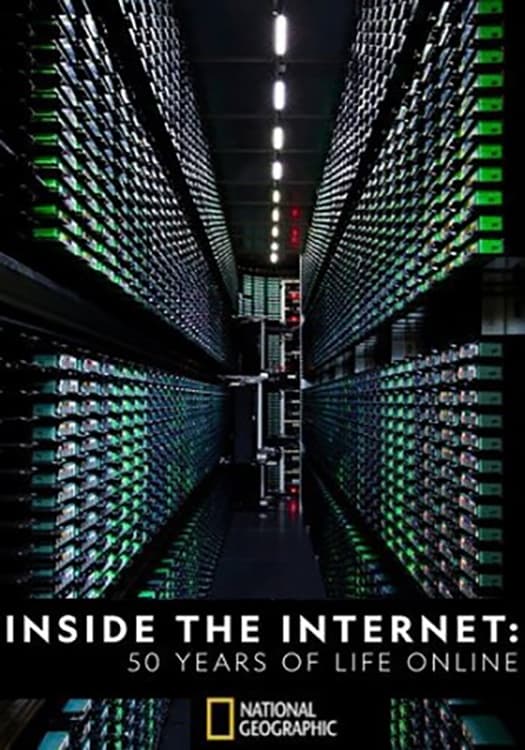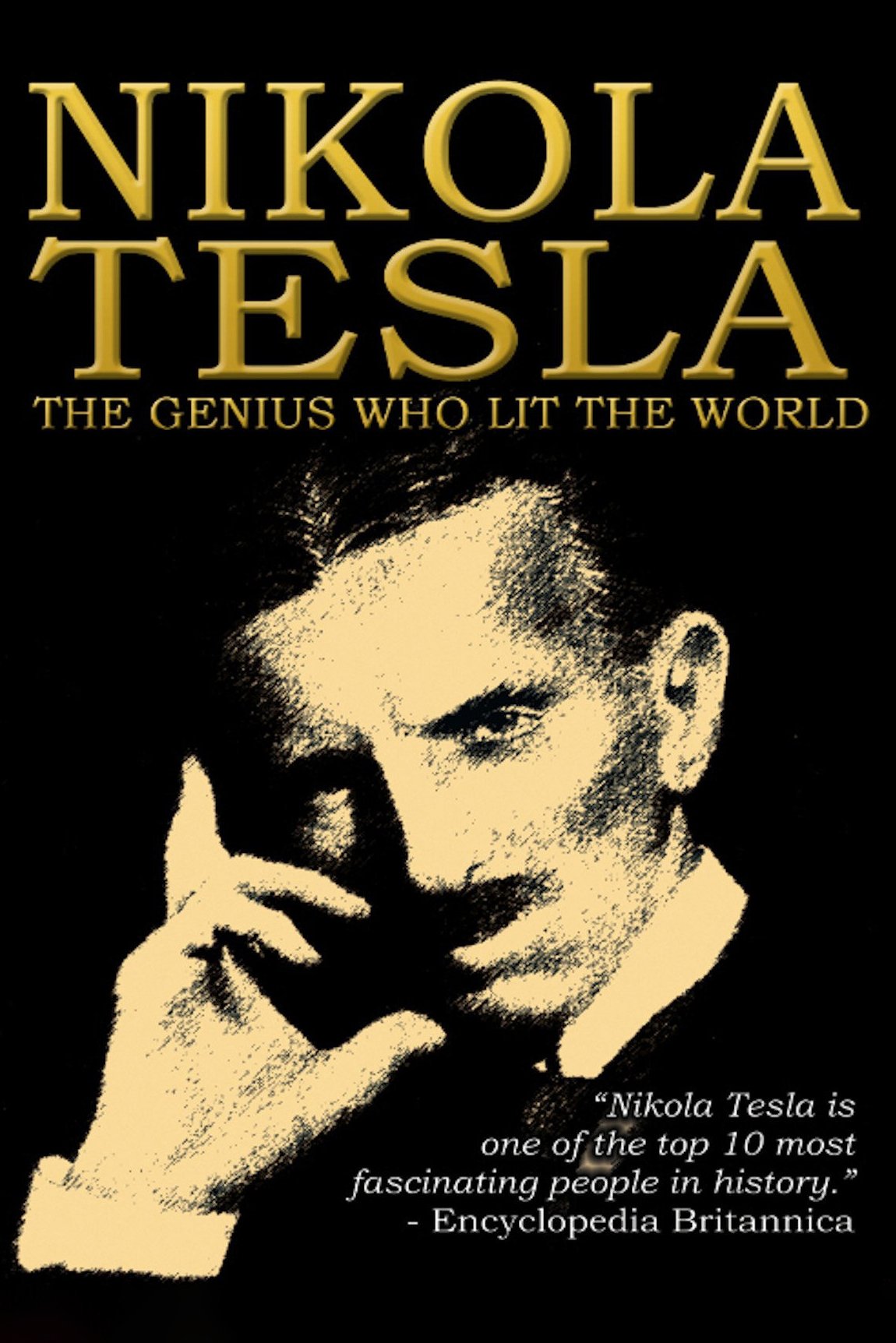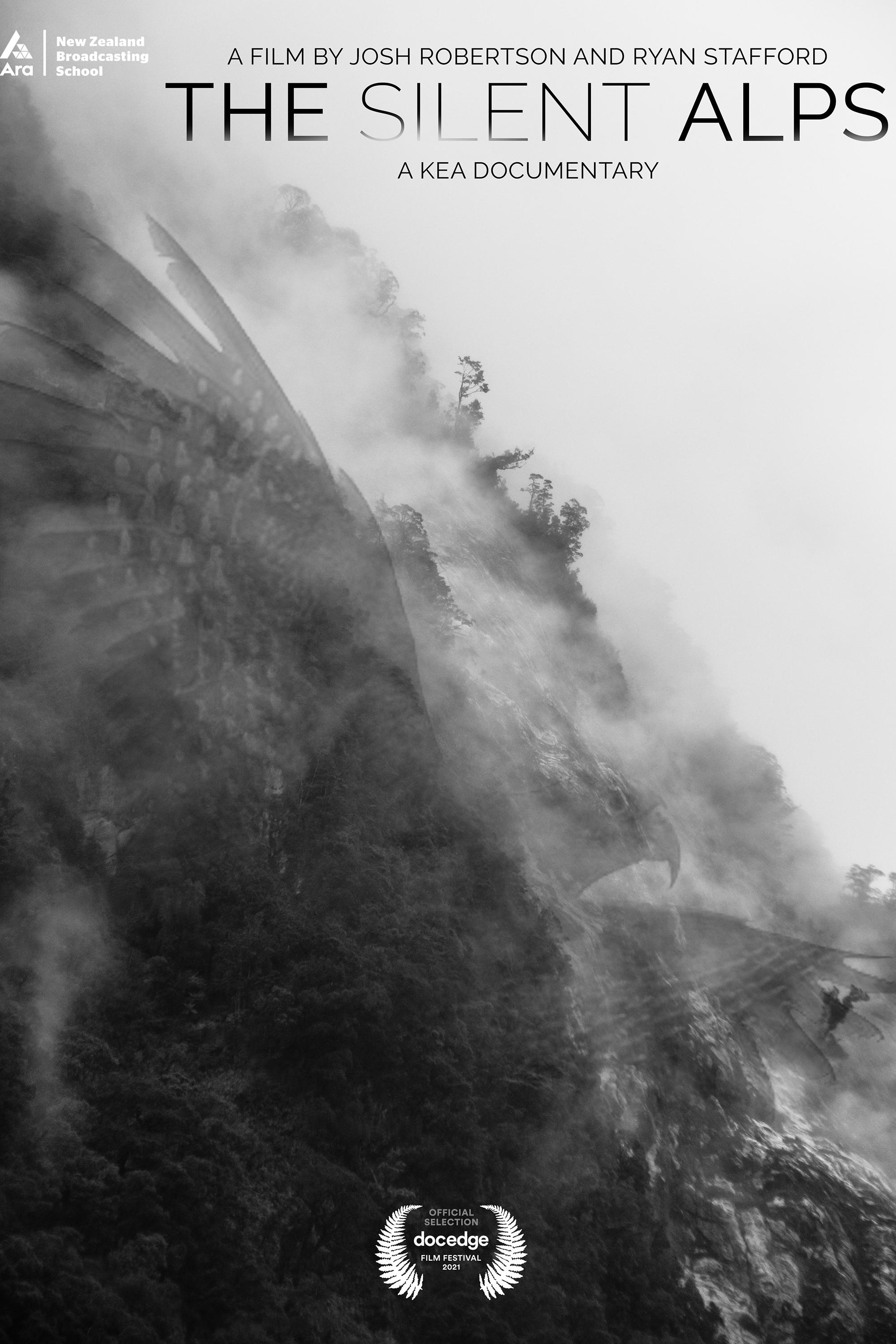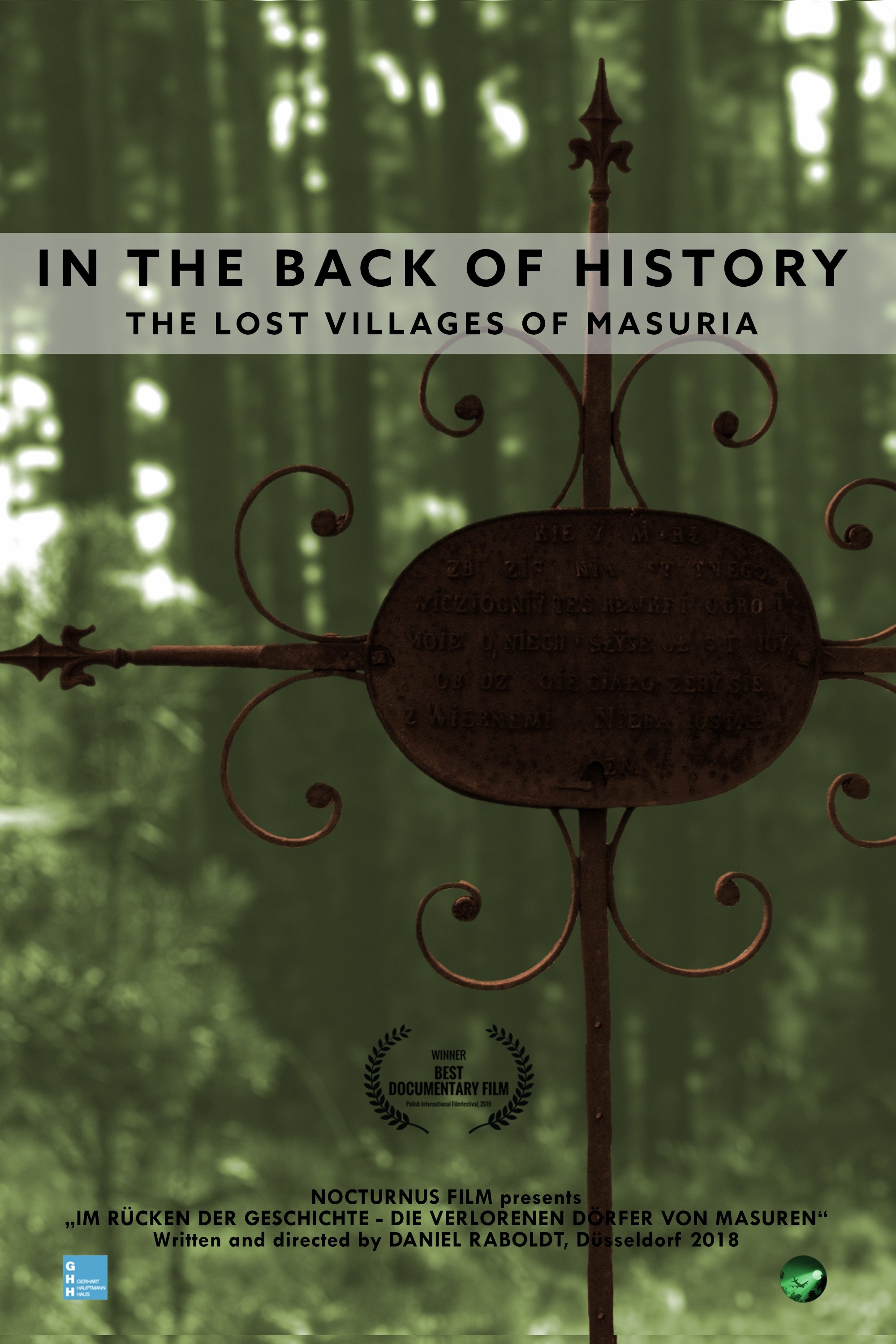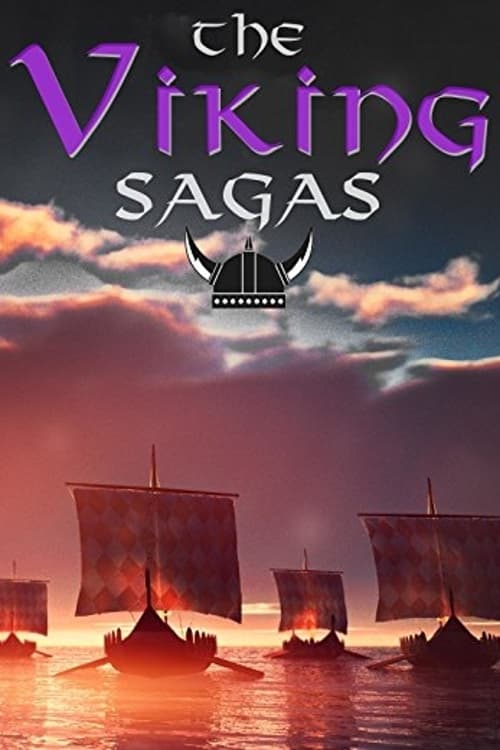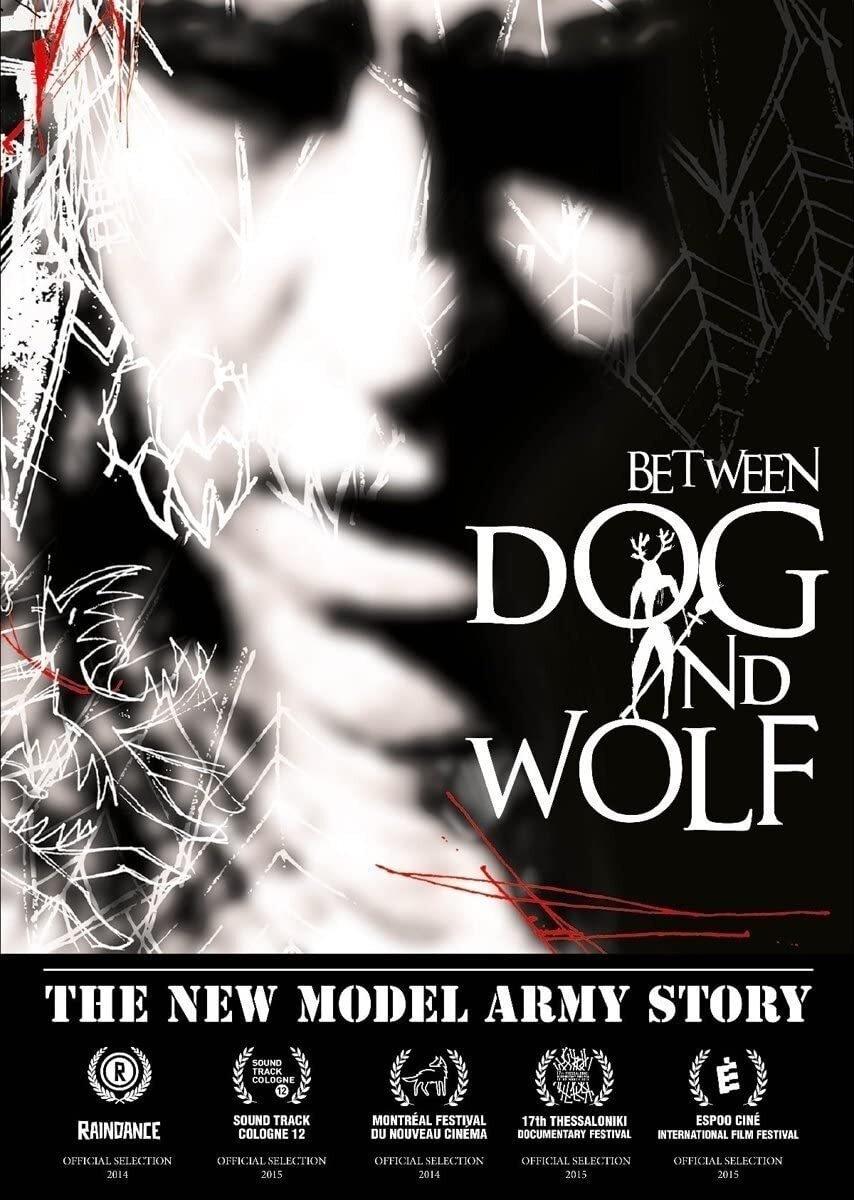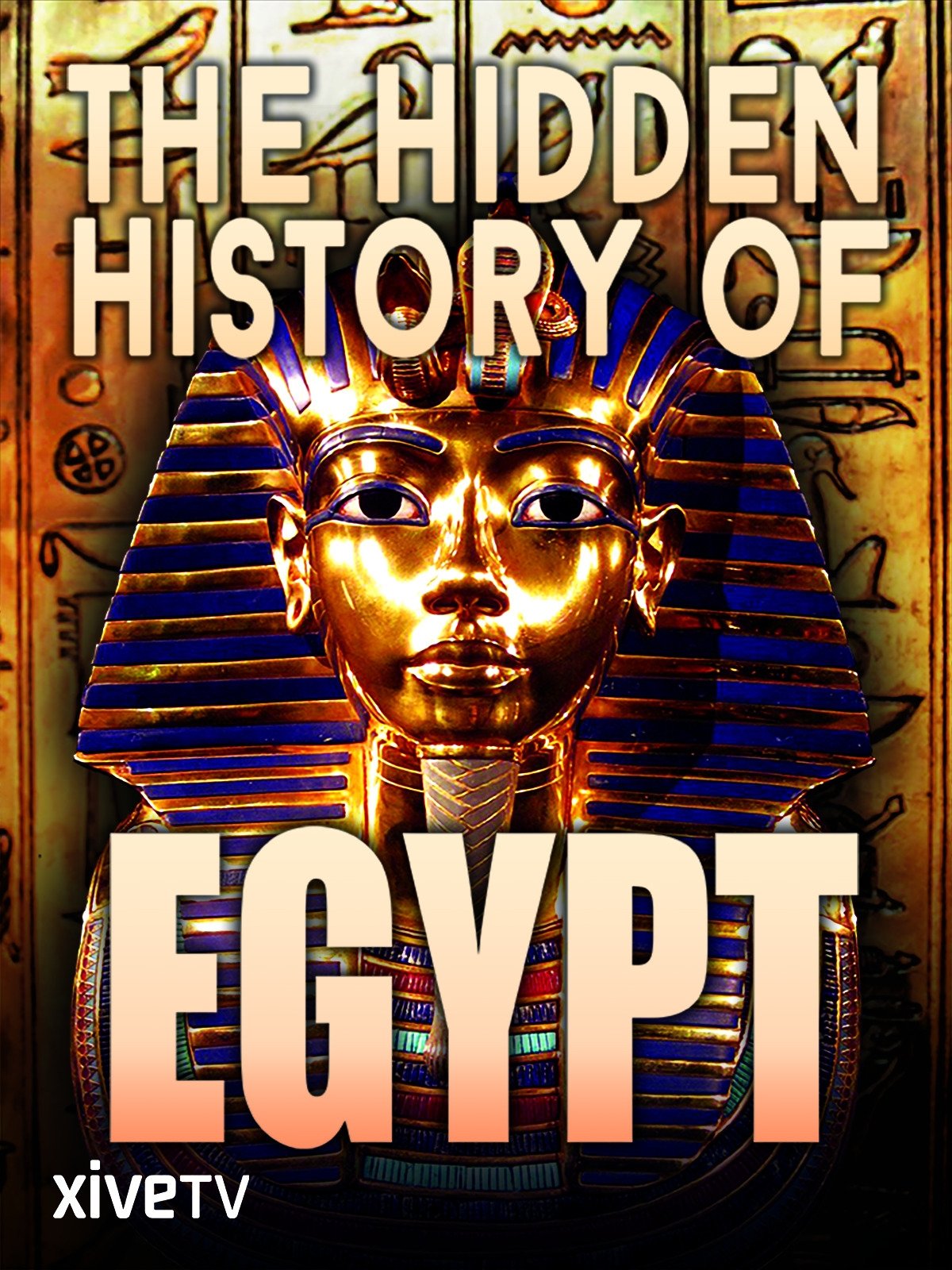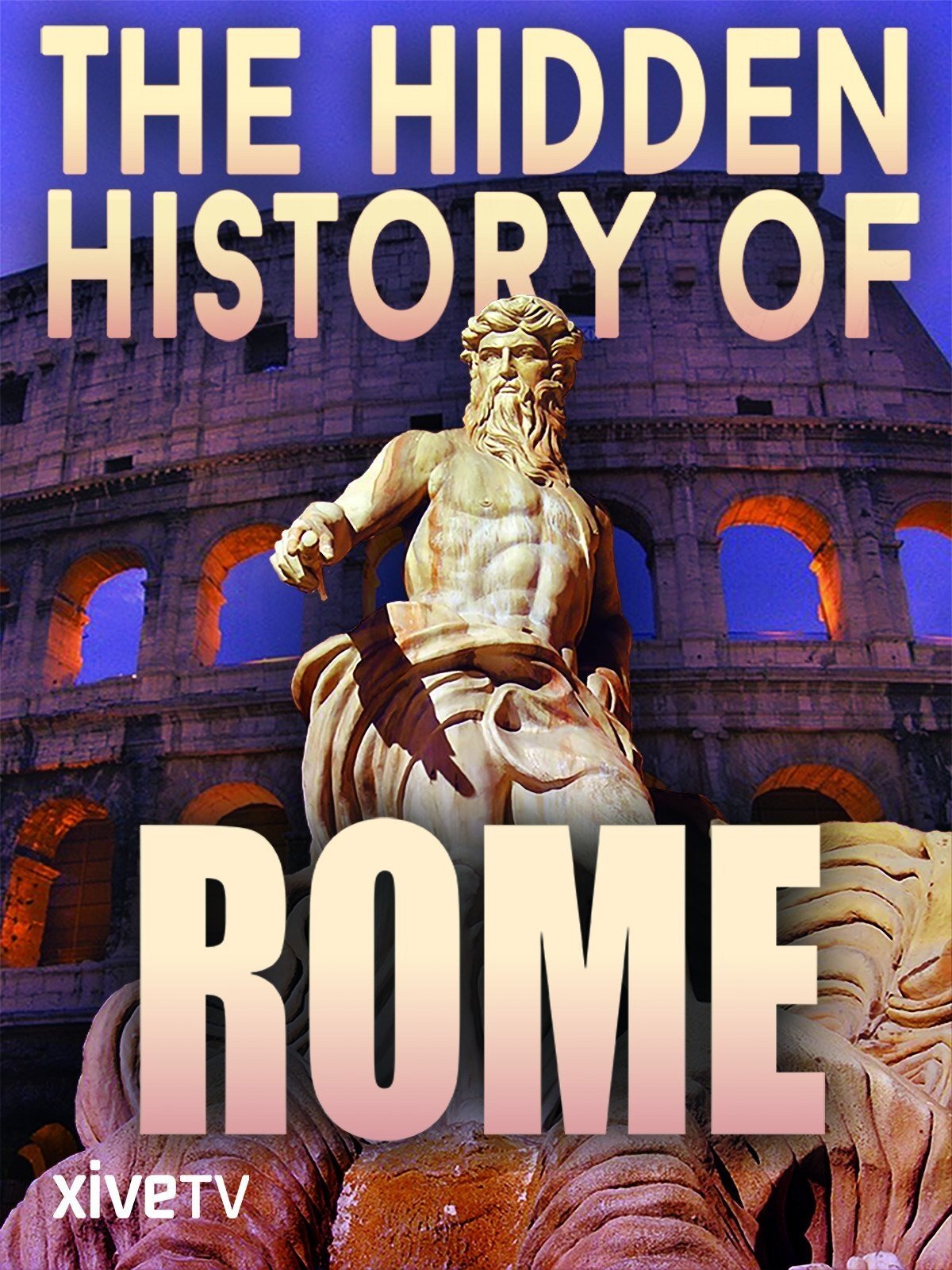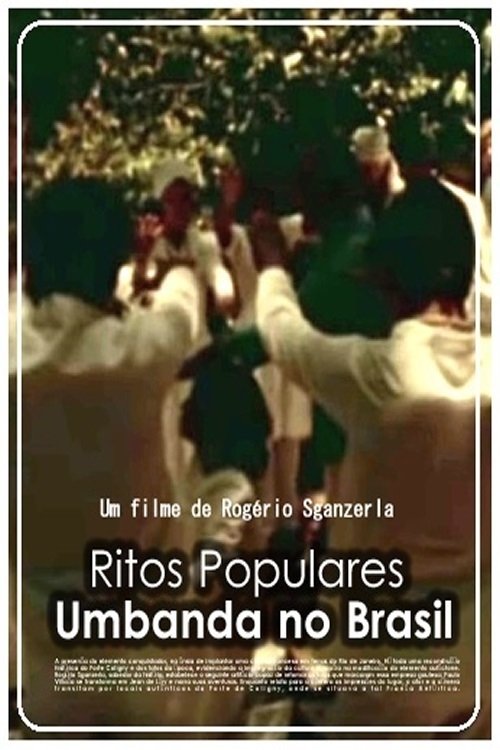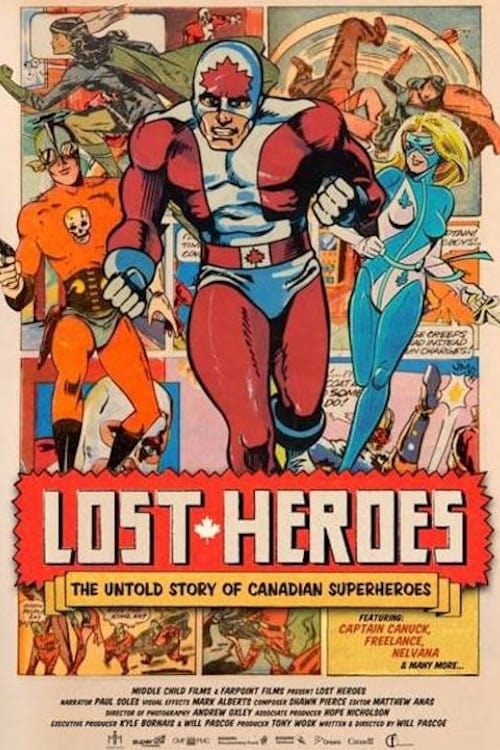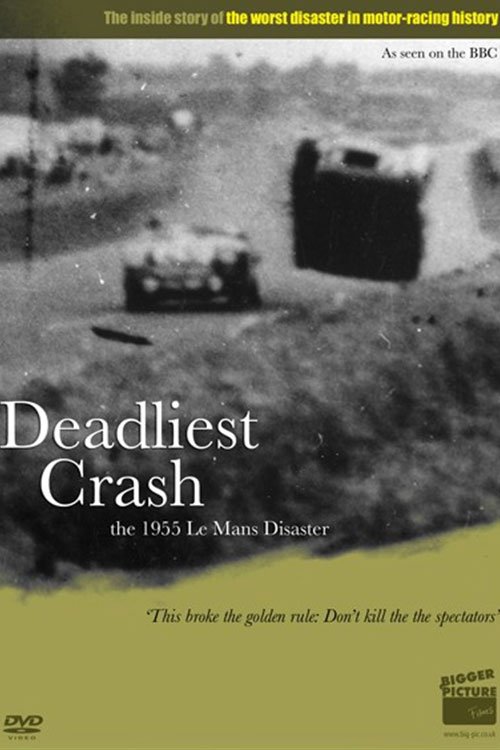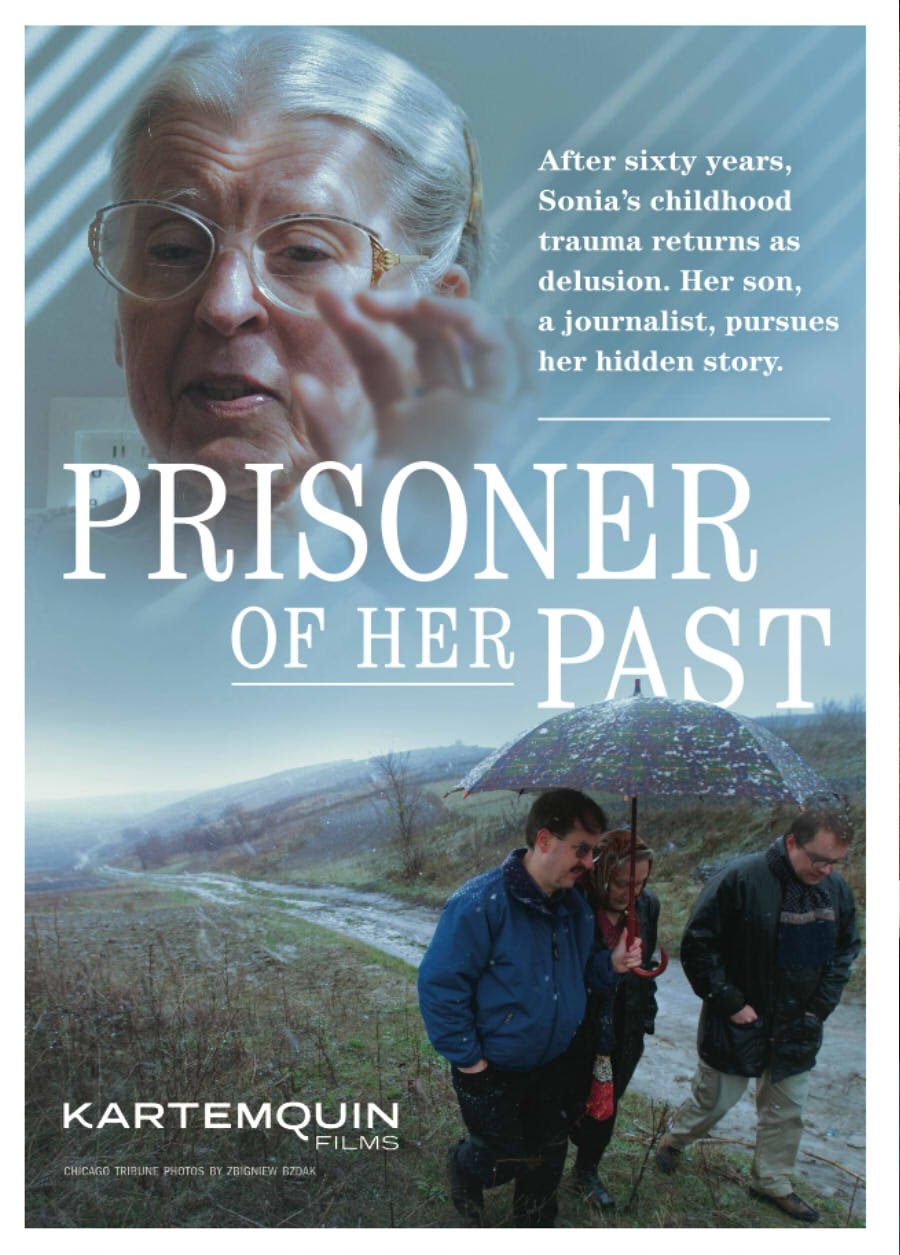Maisha Solutions (2009)
Overview
In a two part documentary, specifically made for a Pan African audience, we follow the writer and activist, Toyin Agbetu as he shares the results of his three year journey across three continents in seek of solutions to the many problems African people currently face as a result of Maafa. Rejecting the classic ten point plan method, Maisha Solutions instead features contributions from various voices across the world with a strong emphasis placed upon independent learning and the empowerment of young people and women. This two part film offers insights into various topics and invites viewers to take leadership roles by becoming Pan African community workers that utilise our progressive traditional customs in order to successfully tackle many of the challenges we face today. Directed and Produced by Toyin Agbetu
Production Companies
Additional Info
| Budget | $0.00 |
|---|---|
| Revenue | $0.00 |
| Original Language | en |
| Popularity | 0.149 |
Directed By
Toyin Agbetu
Crew
Toyin Agbetu
TOP CAST
Similar Movies
An der Unstrut
A documentary portrait of the city of Memleben in Saxony-Anhalt, counterpointing ancient medieval history and contemporary industrial reality.
The Adventure
In 2011, as tens of thousands of migrants, Loss, and Madess Moussa arrived in Europe via Turkey. Required by EU law to remain in Greece, they only want one thing : to leave. Therefore earn the money needed to start is an obsession and all means are good. The film "The Adventure" follows the lives of these three Ivorians to Athens - their sense of enclosure, strategies to find money, failover illegally, attempts to start - and explores what is at stake, individually and collectively during migration: relations to other migrant communities, friendship, betrayal, solidarity, mafias and violence.
Burying the Past: Legacy of the Mountain Meadows Massacre
This documentary by filmmaker Brian Patrick explores the history and legacy of one of the most brutal massacres in the history of the American west. It examine the relationship between the descendants of the besieged party to the modern day Mormon church, and whether healing is a possibility.
Inside the Internet: 50 Years of Life Online
Explore how in the past five decades, the internet has changed the very fabric of our society, highlighted by interviews with the founders of AOL, Craigslist, Friendster, Match, and Tinder.
Nikola Tesla: The Genius Who Lit the World
Nikola Tesla is considered the father of our modern technological age and one of the most mysterious and controversial scientists in history.
The Spectre of Marxism
The impact of Marx on the 20th century has been all-pervasive and world-wide. This program looks at the man, at the roots of his philosophy, at the causes and explanations of his philosophical development, and at its most direct outcome: the failed Soviet Union.
The Silent Alps
"The Silent Alps" explores a forgotten massacre that is widely unknown in the modern era, the history of Kea culling in New Zealand
We Were Kings (Burma's Lost Royals)
In 1885 the British army invaded Burma and deposed its King. He died in exile, ending a thousand years of monarchy. The royal family vanished, and the country was plunged into war and the longest military dictatorship of modern times. But after a century of silence they are back, and they're on a journey to bring the family - past and present - back together. Filmed through three years of seismic change in Burma, this is the story of a family and a country emerging from the darkness.
This Is Halloween
Shock Docs: This is Halloween combines an impressive set of experts/historians and stars from many of the Travel Channel’s most popular series such as Ghost Nation, Destination Fear, Ghost Brothers, Kindred Spirits, Expedition Bigfoot, and The Holzer Files to reminisce on not only the history/origins of the holiday, but also recall their favorite memories of the celebrations, costumes, and scares.
In the back of history - The lost villages of Masuria
In September of 2017 German writer and director Daniel Raboldt accompanied a group of German and Polish scientists and students into the woods of Masuria, Poland. The expedition aimed to find traces of the so-called "lost villages", left by the Masurians around 1945 by the end of the Second World War. Today only some of the old graveyards can be found deep in the woods of the beautiful Masurian landscape. The documentary "In the back of history - The lost villages of Masuria" shows the students at their work in the historic archives and in the woods. How conclusive can this kind of historic research be? How much can we really learn by looking through old files or other sources? And what can we learn from the vanishing of the Masurians? Do we face similar problems today? The film dives deep into themes like the rise of nationalism and identity and uncovers the tragic end of a population that was asked one simple question in the early 20th century: Stay or Leave?
The Viking Sagas
Dr Janina Ramirez travels across glaciers and through the lava fields of Iceland to find out about one of the most compelling of the great Viking stories - the Laxdaela Saga. This hour-long film explores how the unique literary achievements of the Saga writers were possible at a time of such immense cultural, political and religious upheaval.
Between Dog and Wolf
New Model Army have been one of the biggest underground music artists for over quarter of a century. To their global community of fans they mean everything. Yet mainstream success has so far eluded them. This film is the story of the band and in particular their charismatic and unconventional lead singer songwriter and founder Justin Sullivan.
The Hidden History of Egypt
Egyptians were famed for their extravagant building techniques and extraordinary gods, but what about the ordinary citizens? How did they lead their day to day lives? What did they do for entertainment? Did they believe in their gods? Discover astonishing facts that throw new light on our understanding of the Ancient Egyptians.
The Hidden History of Rome
Rome was famed for the decadence of its ruling class, however, what about the ordinary citizens of these ancient cultures? How did they lead their day to day lives in an age when the average life expectancy was little more than forty? Did they believe in the Pagan Gods? What were their sex lives like? What did they do for entertainment? How ordinary Romans lived is, for the most part ...
Ritos Populares: Umbanda no Brasil
A documentary based on the book Umbanda no Brasil by the scholar Mata e Silva, who is interviewed by the director. The book studies the Brazilian religion known as spiritism, a syncretism of African beliefs and magical rites, Indian beliefs and images, and Catholic symbols.
Lost Heroes
Lost Heroes is the story of Canada's forgotten comic book superheroes and their legendary creators. A ninety-minute journey to recover a forgotten part of Canada's pop culture and a national treasure few have ever heard about. This is the tale of a small country striving to create its own heroes, but finding itself constantly out muscled by better-funded and better-marketed superheroes from the media empire next door.
Deadliest Crash: The Le Mans 1955 Disaster
Three years in the making in conjunction with the BBC. Using never seen before home movies, photos and eye witness accounts - this is the inside story of the world's biggest motorsport disaster.
Prisoner of Her Past
Sonia Reich- who survived the Holocaust as a child by running and hiding, suddenly believes that she is being hunted again, 60 years later.
Germany - Handle with Care!
This "March of Time" entry examines the many problems, both human and economic, that faced the Allies in their respective zones of Germany -- USA, England and Russia -- following the end of World War II, and the Allied occupation of what was left of the country following the Nazi reign of Adolf Hitler. The Cold War issues had not yet fully surfaced, so this entry, with fleeting glances into each Zone of the time, traced what economic recovery had been made by the end of 1946, and how the average German citizen of 1946 was living...or getting by.
Terror! Robespierre and the French Revolution
In 1794, French revolutionary Maximilien Robespierre produced the world's first defense of "state terror" - claiming that the road to virtue lay through political violence. This film combines drama, archive and documentary interviews to examine Robespierre's year in charge of the Committee Of Public Safety - the powerful state machine at the heart of Revolutionary France. Contesting Robespierre's legacy is Slavoj Zizek, who argues that terror in the cause of virtue is justifiable, and Simon Schama, who believes the road from Robespierre ran straight to the gulag and the 20th-century concentration camp. The drama, based on original sources, follows the life-and-death politics of the Committee during "Year Two" of the new Republic.
